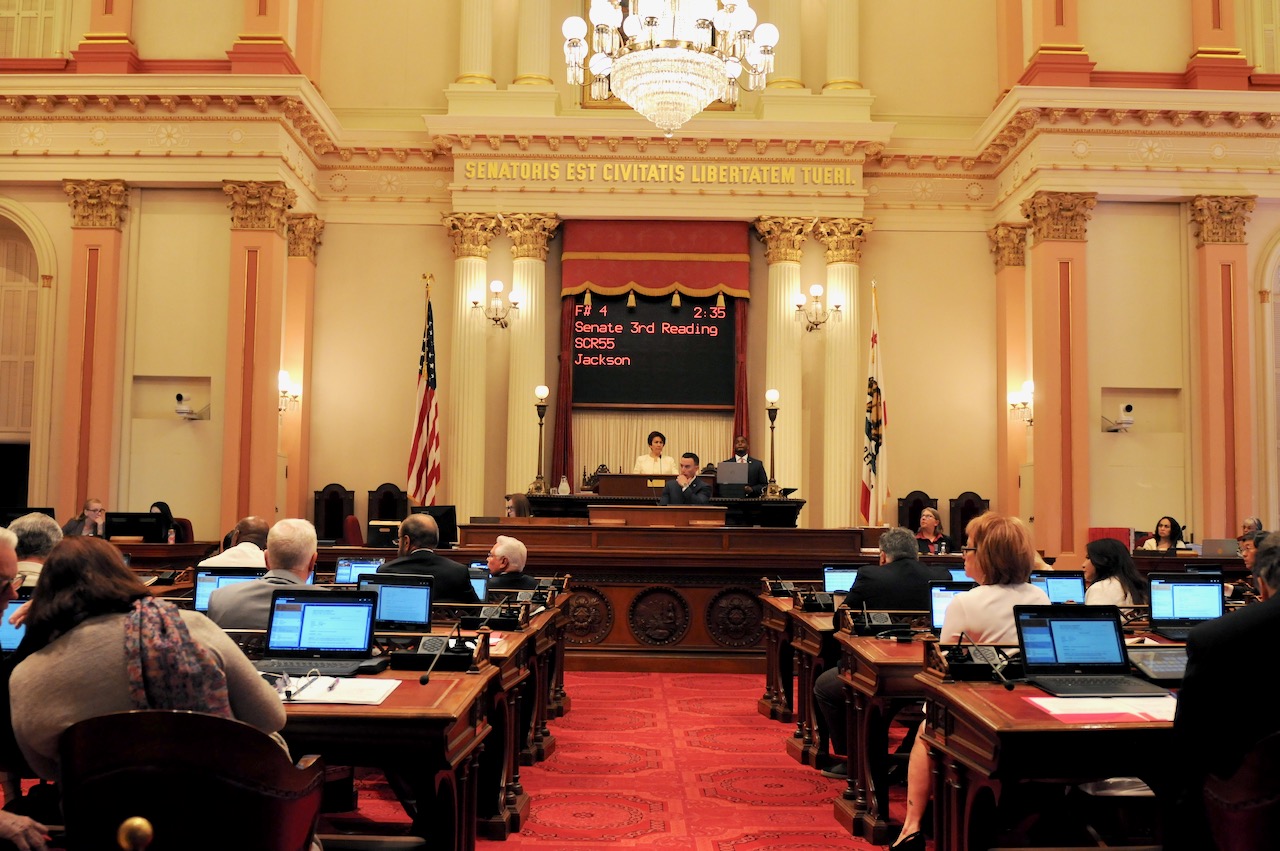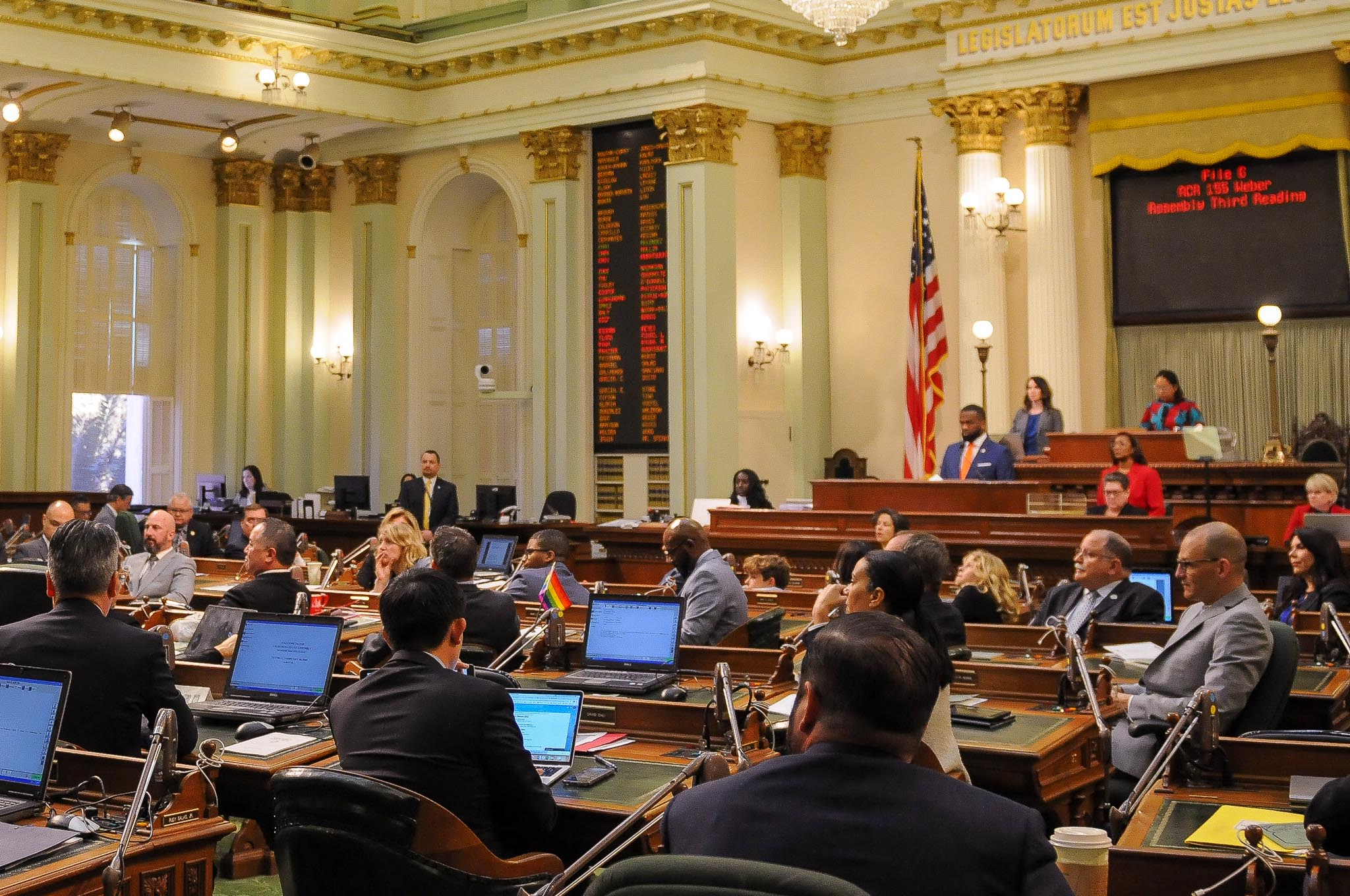
California State Capitol. (Photo: Kevin Sanders for California Globe)
Does the Legislature Enact Invalid Statutes?
I hope your answer is yes
By Chris Micheli, March 6, 2023 6:30 am
I would hope that your answer, unfortunately, would be “yes.” Whether good or bad, depending on your perspective, the California Legislature does indeed enact statutes that the judicial branch of government (state or federal) later determines to be invalid or unconstitutional.
The most recent example is AB 51, a bill enacted four years ago, that was struck down by a federal district judge, and that ruling was upheld by the 9th Circuit Court of Appeals. As a result, AB 51’s ban on requiring mandatory arbitration agreements as a condition of employment was invalidated. The federal courts all found that AB 51 violates federal law.
There are also several examples of state courts striking down enacted bills that attempted to amend the Political Reform Act, Prop. 103 (insurance rate regulation), and other voter-approved ballot measures. In HJTA v. Newsom, an attempt to overturn a ban on public financing of campaigns by statute was found to have violated Prop. 73.
In Amwest, the appellate court ruled an exemption of surety companies from the scope of Proposition 103 did not further its purposes and was therefore invalid. In Foundation for Taxpayer & Consumer Rights v. Garamendi, the legislative amendment violated a primary mandate of Proposition 103 and thus did not further its purposes and was invalid. In the Garner decision, the appellate court ruled a legislative amendment of Proposition 36 that was inconsistent with the terms of the initiative was therefore invalid.
There are other bases for successful legal challenges of enacted bills, such as “vagueness.” Some California courts have used descriptions of these unconstitutionally vague statutes with words such as “nearly unintelligible.”
Other bases for striking down statutes enacted by the Legislature include violation of the federal or state Equal Protection Clause, “improper delegation of legislative authority,” and the single subject rule. There have also been successful judicial challenges on the grounds of violating state or federal constitutional protections such as freedom of speech, ex post facto, impairment of contracts, the supremacy clause, and due process.
Those involved in the public policy arena, whether drafting legislation or advocating for or against bills, should keep in mind some of the bases for successful litigation challenges against enacted bills and try to avoid pursuing legislation that would face likely invalidation by state or federal courts.
- Why Would the Legislature Request? - December 13, 2024
- A Different Type of Legislative Statement? - December 12, 2024
- Service of Summons in California Civil Actions - December 11, 2024




